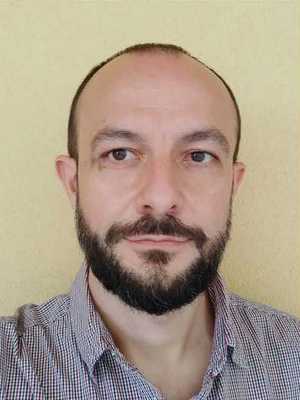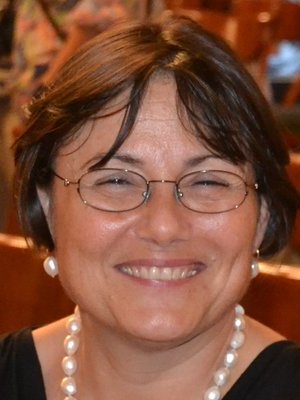
University Change Agents
T4L Change Agents are motivated lecturers who, after having followed a training course aimed at learning and knowing how to disseminate effective teaching practices (such as active learning, community building, leadership), make themselves available to the academic community and support their colleagues in professional development paths in order to stimulate a constant process of improvement and innovation in teaching.
For more information
In ‘Universities without walls - a vision for 2030’, a document drafted by the European University Association, it is specified how important, among the priority missions that universities must aim for by 2030, is the development of a teaching and learning system capable of leading to the formation of "creative and critical thinkers and active and responsible citizens, problem-solvers and active and responsible citizens", in a process that must necessarily involve not only the entire university community but also external stakeholders, leading the transformation towards an open, transformative, transnational, inclusive and sustainable university.
But how to ensure the achievement of these goals? And how can the resources allocated to universities and their activities be made sufficient with a view to keeping up with the times and revisiting the methods, tools, mentality and culture of teachers and students? To respond to these needs, the University of Padua has taken the field by choosing to adopt a participative and widespread approach, implementing a collaborative spirit and thus equipping itself with a community of change agents.
This trans-disciplinary community is unique in Italy and was among the elements that ANVUR - the National Agency for the Evaluation of the University System - marked as distinctive of the University of Padua (as emerged during the visit of the Commission of Evaluation Experts in 2018), contributing to the top ranking of our University. The effectiveness of this figure was even more evident during the confinement and following the restrictive measures adopted to contain the spread of the Coronavirus pandemic: it was the Change Agents, in fact, who managed the ‘T4LTogether’ appointments, activities that allowed the lecturers to share their first experiences of distance teaching and to discuss what tricks to adopt to improve and smoothen the teaching/learning process in times of synchronous and asynchronous lectures. As many as 24 meetings were organised in just a few weeks, involving more than 420 lecturers in the University - almost one in five - from all departments and enabling the information needed to implement the best strategies to be disseminated quickly and across the board.
The figure of the Change Agent was introduced at the University of Padua as early as 2018, when the first training cycle was launched, reserved for those teachers who, having already attended Teaching4Learning courses, had been able to demonstrate their interest in becoming active participants in promoting teaching improvement and innovation.
This course is part of a more global commitment by the University of Padua to ensure continuous and constant improvement in the quality of teaching, in the full knowledge that investing in improving teaching practices will optimise student learning.
![]() How to become a Change Agent?
How to become a Change Agent?
For more information, visit the dedicated course page.![]()
School of Agriculture and Veterinary Medicine

Stefania Balzan
Dipartimento di Biomedicina comparata e alimentazione - BCA
Team based learning
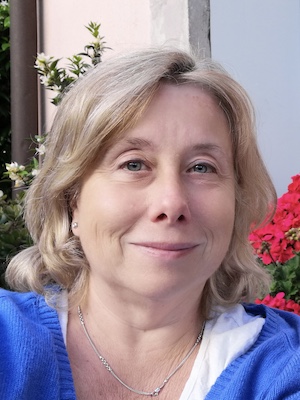
Barbara Cardazzo
Dipartimento di Biomedicina comparata e alimentazione - BCA
Project Base Learning, Problem Based Learning, Team Based Learning
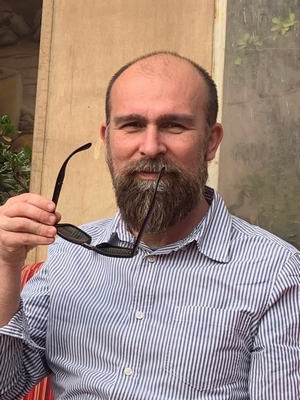
Paolo Carletti
Dipartimento di Agronomia Animali Alimenti Risorse Naturali e Ambiente - DAFNAE
Peer assesment, Group learning
Referente Arqus Didattica Innovativa
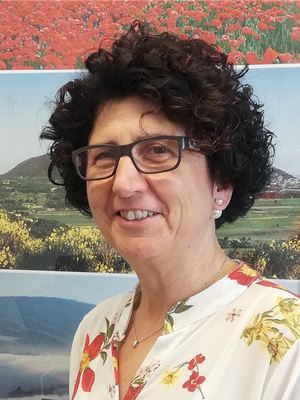
Flaviana Gottardo
Dipartimento di Medicina Animale, Produzioni e Salute - MAPS
Lavori di Gruppo

Anna Perazzi
Dipartimento di Medicina animale, produzioni e salute - MAPS
Active learning, Flipped Classroom, Lavori di Gruppo, Peer observation, Wooclap, Padlet
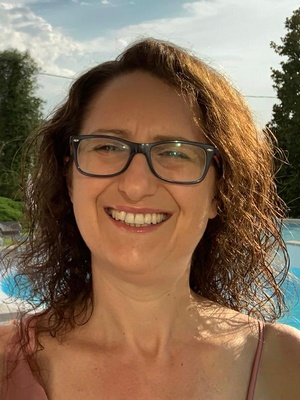
Helen Poser
Dipartimento di Medicina Animale, Produzioni e Salute - MAPS
Simulazioni con e senza uso di manichini, Role play, Problem based learning, Fedback e valutazione formativa
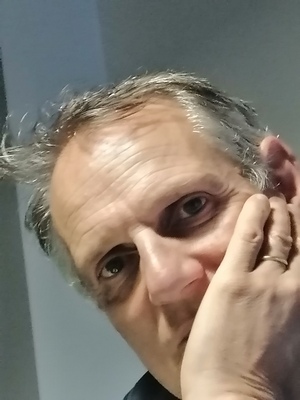
Giuseppe Radaelli
Dipartimento di Biomedicina comparata e alimentazione - BCA
Wooclap, Lavori di gruppo, Case studies
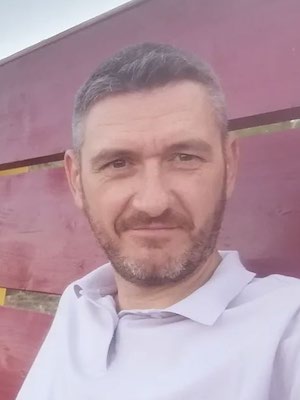
Gianluca Tondi
Dipartimento di Territorio e sistemi agro-forestali - TESAF
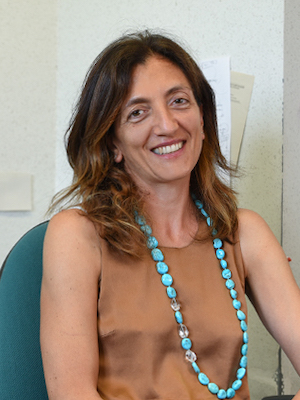
Angela Trocino
Dipartimento di Agronomia Animali Alimenti Risorse Naturali e Ambiente - DAFNAE
Peer assessment, Case studies

Claudia Maria Tucciarone
Dipartimento di Medicina Animale, Produzioni e Salute - MAPS
Case study, Lavori di Gruppo

Michela Zanetti
Dipartimento di Territorio e sistemi agro-forestali - TESAF
Brainstorming, Case study, Lavori di Gruppo, Learning By doing
School of Economics and Political Science
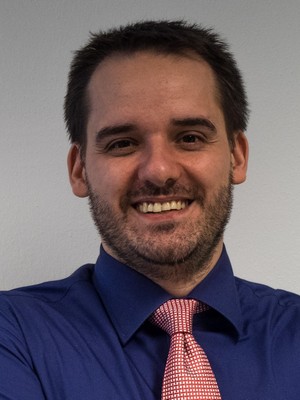
Andrea Menini
Dipartimento di Scienze economiche e aziendali "Marco Fanno" - DSEA
Moodle, Lavori di gruppo in aule numerose

Alessandra Tognazzo
Dipartimento DSEA
Active learning (Debate, Role playing, Think-pair-share, Students' engagement, Reflective learning), Embodied and experiential pedagogy, Lavori di Gruppo, Project based learning
School of Law
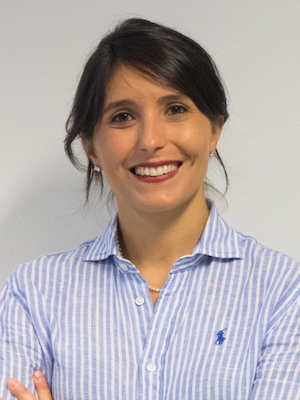
Claudia Sandei
Dipartimento di Diritto Privato e Critica del Diritto - DPCD
Digital Tools, Learning by doing

Annalisa Volpato
Dipartimento di Diritto Pubblico, Internazionale e Comunitario - DiPIC
School of Engineering
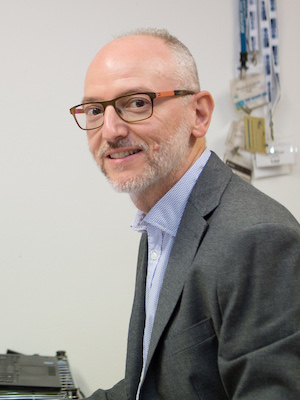
Massimiliano Barolo
Dipartimento di Ingegneria Industriale - DII
Active learning, Students' engagement, Peer observation
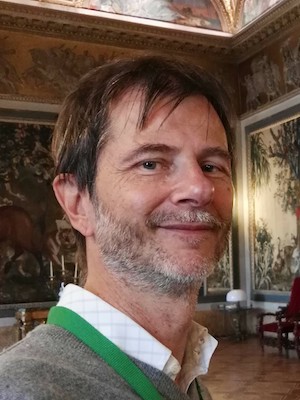
Ettore Bolisani
Dipartimento di Tecnica e gestione dei sistemi industriali - DTG
Discussione di casi-studio, Problem-solving
Advisor progetto T4L
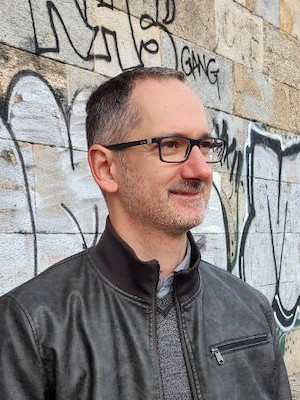
Stefano Ghidoni
Dipartimento di Ingegneria dell'informazione - DEI
Think-pair-share

Giovanni Giacomello
Dipartimento ICEA
Active learning, Problem Based Learning, Project based learning, Challenge-based learning, Team based learning, Students' engagement, Wooclap, Padlet,, Moodle, Wooflash
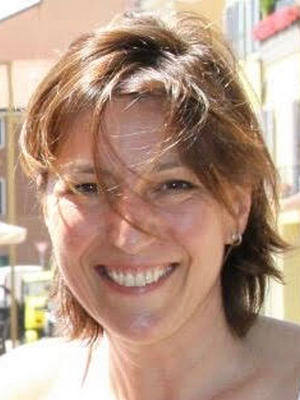
Maria Cristina Lavagnolo
Dipartimento di Ingegneria civile, edile e ambientale - ICEA
Quiz di moodle, padlet, wooclap, powtoon, Learning by doing, Problem solving, Outdoor training

Giorgio Spiazzi
Dipartimento di Ingegneria dell'informazione - DEI
Tecnologie per la didattica (moodle e/o altri strumenti per la didattica, software, video, quiz, wooclap)

Damiano Varagnolo
Dipartimento di Ingegneria dell'informazione - DEI
Active learning, Flipped Classroom, Lavori di Gruppo, Learning By doing, Peer observation, Students' engagement, Think pair share
School of Medicine and Surgery

Mattia Albiero
Dipartimento di Scienze Chirurgiche Oncologiche e Gastroenterologiche - DiSCOG
Wooclap
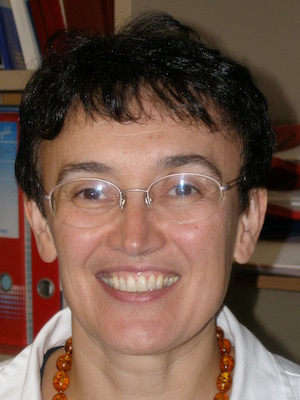
Annalisa Angelini
Dipartimento di Scienze cardio–toraco–vascolari e sanità pubblica
Autopsie video-registrate, Wooclap, Padlet, Flipped classroom con peer-to-peer student evaluation
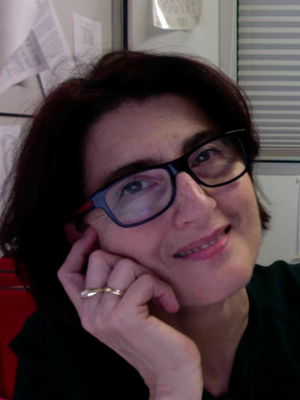
Simonetta Ausoni
Dipartimento di Scienze biomediche - DSB
Problem based learning (PBL), Flipped classroom, Inquiry based learning e active learning in laboratorio biomedico, Organizzazione di corsi di communication skills in ambito biomedico

Francesca Battista
Dipartimento di Medicina - DIMED
Active learning, Flipped Classroom, Lavori di Gruppo, Blended teaching with MOOC, Online e blended learning
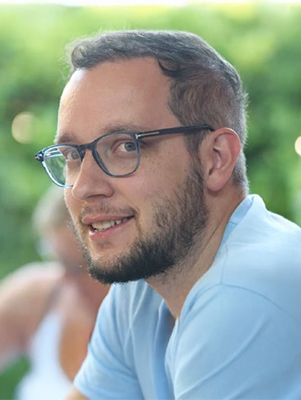
Luca Bonadies
Dipartimento Salute della Donna e del Bambino - SDB
Problem Based Learning, Simulazioni, Communication skills di disciplina
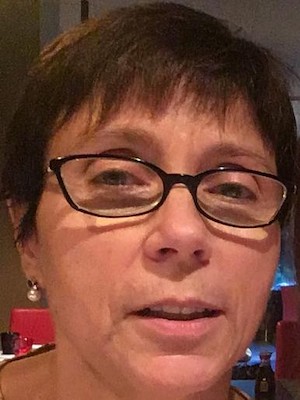
Adriana Chilin
Dipartimento di Scienze del farmaco - DSF
Feedback ricorrente riguardo comprensione/apprendimento del programma tramite Wooclap/Kahoot, Case studies in itinere (esercitazioni in aula tramite Think-Pair-Share)

Daniela Gabbia
Dipartimento di Scienze del farmaco - DSF
Lavori di Gruppo, Peer discussion in gruppi, Problem solving, Wooclap, Padlet,, Annoto
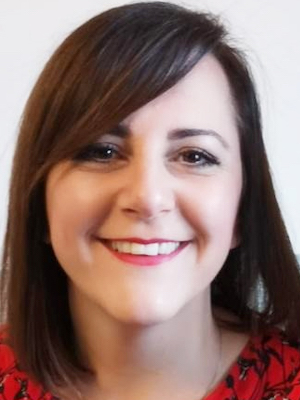
Laura Iop
Dipartimento di Scienze cardio–toraco–vascolari e sanità pubblica
Case analysis con supporto di teorie e lavoro di gruppo, Prediction activity, Problem-based learning, Didattica con tecnologia (Padlet)
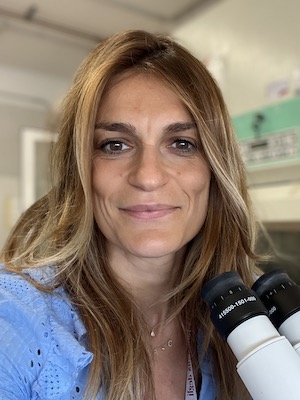
Beatrice Mercorelli
Dipartimento di Medicina Molecolare - DMM
Flipped classroom, Lavoro in piccoli gruppi

Giulia Mormando
Dipartimento di Medicina - DIMED
Role playing, Simulazioni, Communication skills di disciplina, Realtà virtuale
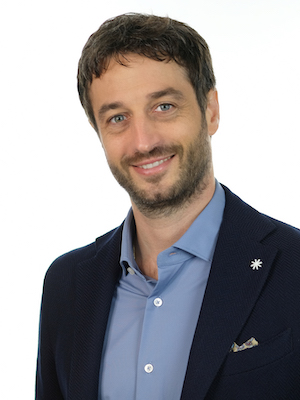
Daniel Neunhaeuserer
Dipartimento di Medicina - DIMED
Blended teaching with MOOC, Problem-based interactive learning
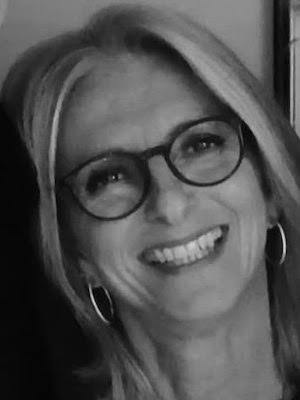
Giorgia Saia
Dipartimento di Neuroscienze - DNS
Simulazione, Learning by doing for technical, non-techincal, and communication skills
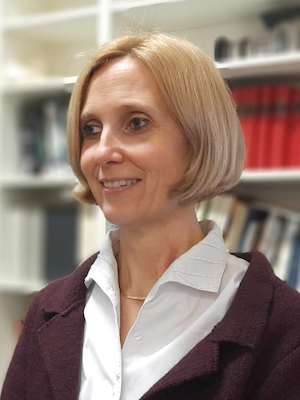
Regina Tavano
Dipartimento di Scienze Biomediche - DSB
Didattica con le tecnologie (wooclap, padlet), Didattica di laboratorio biomedico, Flipped-classroom con peer-to-peer evaluation
Referente Podcast

Alberto Zanatta
Dipartimento di Scienze Cardio-Toraco-Vascolari e Sanita' Pubblica
Active learning, Jigsaw, Flipped Classroom, Lavori di Gruppo, Gamification, Using videos for different activities, Peer Assessment
School of Psychology

Mario Dalmaso
Dipartimento di Psicologia dello Sviluppo e della Socializzazione - DPSS
Active learning, Lavori di Gruppo, Learning By doing, Peer observation, Project based learning, Online e blended learning, Wooclap, Perusall, Padlet,, Moodle
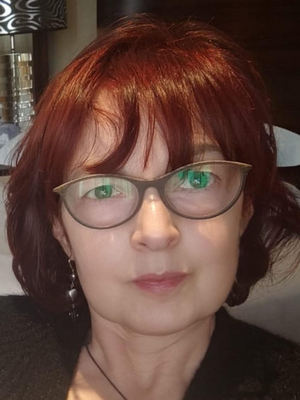
Lucia Regolin
Dipartimento di Psicologia Generale - DPG
Active learning, Jigsaw, Lavori di Gruppo, Debate, Fedback e valutazione formativa, Padlet
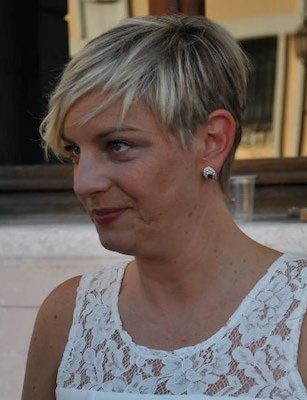
Maja Roch
Dipartimento di Psicologia dello Sviluppo e della Socializzazione - DPSS
School of Science
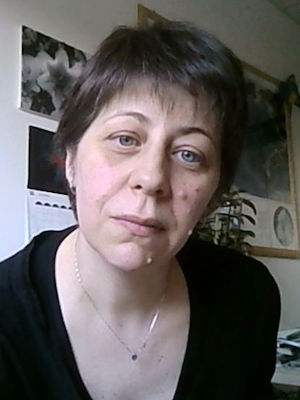
Claudia Agnini
Dipartimento di Geoscienze
Peer observation (among lectures), Wooclap, Assessment strategies

Marina Bertolini
Dipartimento di Scienze Statistiche
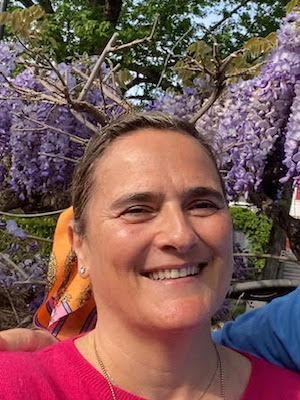
Alessandra Buratto
Dipartimento di Matematica "Tullio Levi-Civita" - DM
Active learning, Peer observation, Think-pair-share, Uso dell’iPad nella didattica, Moodle (compito, quiz)

Marta Carli
Dipartimento DFA
Active learning, Lavori di Gruppo, Peer discussion in gruppi, Using Interviews for learning, Inquiry based learning, Simulazioni, Communication skills di disciplina, Online e blended learning, Wooclap, Padlet,, Moodle
Carlo Mariconda
Dipartimento di Matematica "Tullio Levi-Civita" - DM
MOOC, Online e blended learning, Smart learning design, Utilizzo delle tecnologie AI nella didattica
Digital Advisor
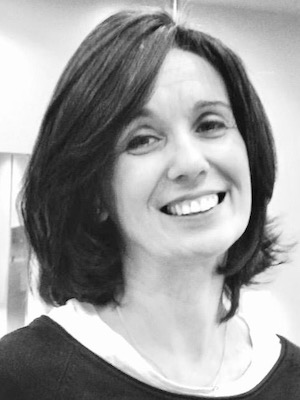
Laura Orian
Dipartimento di Scienze Chimiche - DiSC
Wooclap, Attività di gamification
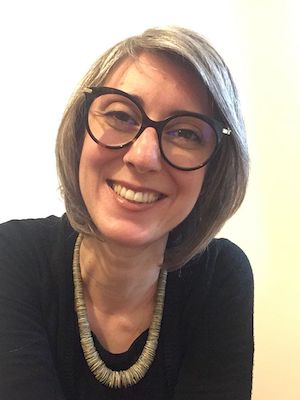
Chiara Papetti
Dipartimento di Biologia - DiBio
Peer observation, Using Interviews for learning
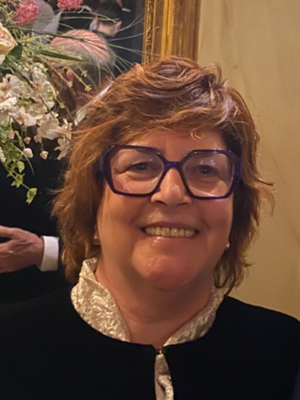
Gabriella Salviulo
Dipartimento di Geoscienze
Coordinamento lavoro di gruppo, Valutazione tra pari
School of Human, Social and Heritage Sciences
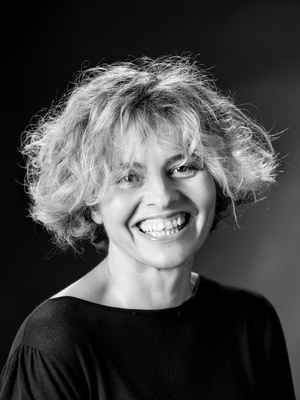
Marnie Campagnaro
Dipartimento di Filosofia, Sociologia, Pedagogia e Psicologia Applicata - FISPPA
Case study, Debate, Small group discussion, Peer feedback, Project-based e challenge-based learning
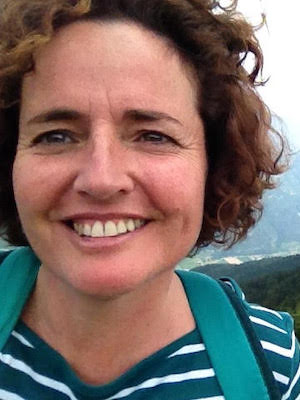
Alejandra Chavarria Arnau
Dipartimento di Beni Culturali: archeologia, storia dell'arte, del cinema e della musica - DBC
Didattica interattiva, Mooc
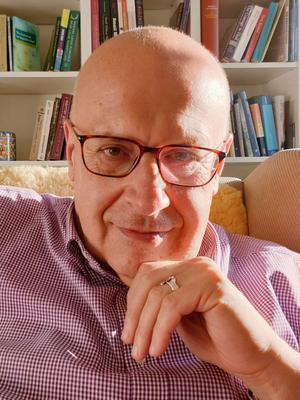
Ferdinando Fava
Dipartimento di Scienze Storiche, Geografiche e dell'Antichità - DiSSGeA
Portfolio, Active learning
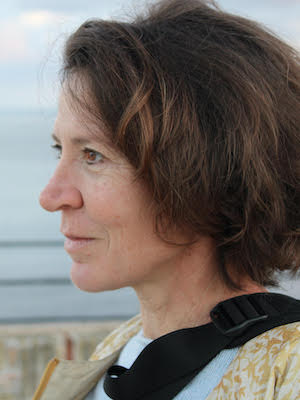
Valentina Gallo
Dipartimento di Studi Linguistici e Letterari - DISLL
MOOC
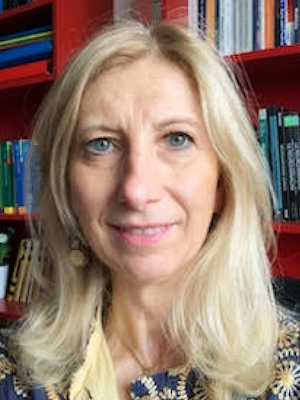
Sara Mondini
Dipartimento di Filosofia, Sociologia, Pedagogia e Psicologia Applicata - FISPPA
MOOC, Single case discussions, small groups discussions, Flipped lessons, Using videos for different activities, Wooclap, Mentimeter

Andrea Savio
Dipartimento di Scienze Storiche, Geografiche e dell'Antichita' - DiSSGeA
Case study, Simulazioni
Ufficio Offerta formativa
Teaching4Learning Project
Tel. 049 827 6316 - 1246 - 7160
Email: teaching4learning@unipd.it
Social network Teaching4learning





